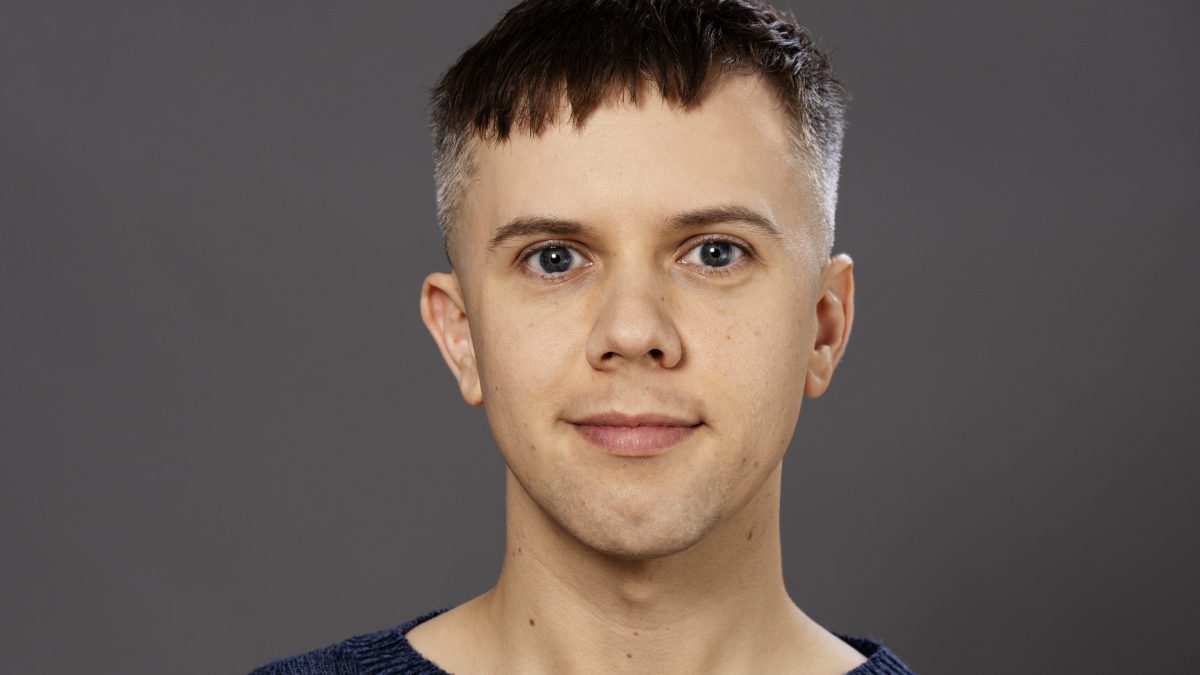The Download: gene-edited babies, and cleaning up copper

This is today’s edition of The Download, our weekday newsletter that provides a daily dose of what’s going on in the world of technology.
Here’s the latest company planning for gene-edited babies
The news: A West Coast biotech entrepreneur says he’s secured $30 million to form a public-benefit company to study how to safely create genetically edited babies, marking the largest known investment into the taboo technology.
How they’re doing it: The new company, called Preventive, is being formed to research so-called “heritable genome editing,” in which the DNA of embryos would be modified by correcting harmful mutations or installing beneficial genes. The goal would be to prevent disease.
Why it’s contentious: Creating genetically edited humans remains controversial. The first scientist to do it, in China, was imprisoned for three years. The procedure remains illegal in many countries, including the US, and doubts surround its usefulness as a form of medicine. Read the full story.
—Antonio Regalado
This startup wants to clean up the copper industry
Demand for copper is surging, as is pollution from its dirty production processes. The founders of one startup, Still Bright, think they have a better, cleaner way to generate the copper the world needs.
The company uses water-based reactions, based on battery chemistry technology, to purify copper in a process that could be less polluting than traditional smelting. And the hope is that this alternative will also help ease growing strain on the copper supply chain. Read the full story.
—Casey Crownhart
The must-reads
I’ve combed the internet to find you today’s most fun/important/scary/fascinating stories about technology.
1 The FDA’s top drug regulator has resigned
George Tidmarsh allegedly abused his position to inflict financial harm on a former associate. (STAT)
+ He’s only been in the post since July. (WP $)
+ It’s just the latest in a long line of slapdash leadership changes at the agency. (AP News)
+ Here’s what food and drug regulation might look like under the Trump administration. (MIT Technology Review)
2 America’s nuclear weapons testing won’t involve explosions
So don’t expect to see mushroom clouds any time soon. (BBC)
+ The tests will involve “the other parts of a nuclear weapon,” apparently. (NYT $)
+ The US is working to modernize its nuclear stockpile too. (The Hill)
3 Mustafa Suleyman wants researchers to stop pursuing conscious AI
The Microsoft AI boss believes consciousness is reserved for biological beings only. (CNBC)
+ Here’s what the man who coined the term AGI has to say. (Wired $)
+ “We will never build a sex robot,” says Mustafa Suleyman. (MIT Technology Review)
4 Elon Musk may relinquish control of Tesla
If the company’s shareholders decide against awarding him close to $1 trillion in stock. (NYT $)
+ One major investor has already said it won’t be supporting the pay package. (Gizmodo)
5 The hottest job in AI right now? Forward-deployed engineers
They’re specialists who help AI companies’ customers adopt their models. (FT $)
6 Hackers are stealing cargo shipments from transportation firms
They’re successfully infecting networks with remote access tools. (Bloomberg $)
7 OpenAI’s o1 model can analyze languages like a human expert
Experts suggest linguistic analysis is a key testbed for assessing the extent to which these models can reason like we can. (Quanta Magazine)
8 US obesity rates have started to drop
And weight-loss drugs are highly likely to be the reason why. (Vox)
+ We’re learning more about what weight-loss drugs do to the body. (MIT Technology Review)
9 Why it’s so tricky to make a good grocery list app
Notes just won’t cut it. (The Verge)
10 Many robots make light work
Lots of machines working in tandem can achieve what they’d struggle to do alone. (WSJ $)
+ Tiny robots inspired by spiders could help deliver diagnoses. (IEEE Spectrum)
Quote of the day
“You can check if there’s a backdoor.”
—China’s leader Xi Jinping jokes about the security of two Chinese-made cellphones he gifted to South Korea’s President Lee Jae Myung, the New York Times reports.
One more thing

Digital twins of human organs are here. They’re set to transform medical treatment.
“Digital twins” are the same size and shape as the human organs they’re designed to mimic. They work in the same way. But they exist only virtually. Scientists can do virtual surgery on virtual hearts, figuring out the best course of action for a patient’s condition.
After decades of research, models like these are now entering clinical trials and starting to be used for patient care. The eventual goal is to create digital versions of our bodies—computer copies that could help researchers and doctors figure out our risk of developing various diseases and determine which treatments might work best.
But the budding technology will need to be developed very carefully. Read the full story to learn why.
—Jessica Hamzelou
We can still have nice things
A place for comfort, fun and distraction to brighten up your day. (Got any ideas? Drop me a line or skeet ’em at me.)
+ The Empire State Building Run-Up race sounds amazing, if completely gruelling.
+ Very cool: each year, the scientific staff of the Amundsen–Scott South Pole Station screen horror classic The Thing to prepare themselves for the long, isolated winter ahead.
+ How caterpillars spin their protective little cocoons.
+ One-pot chicken sounds like a great winter warmer of a recipe.


